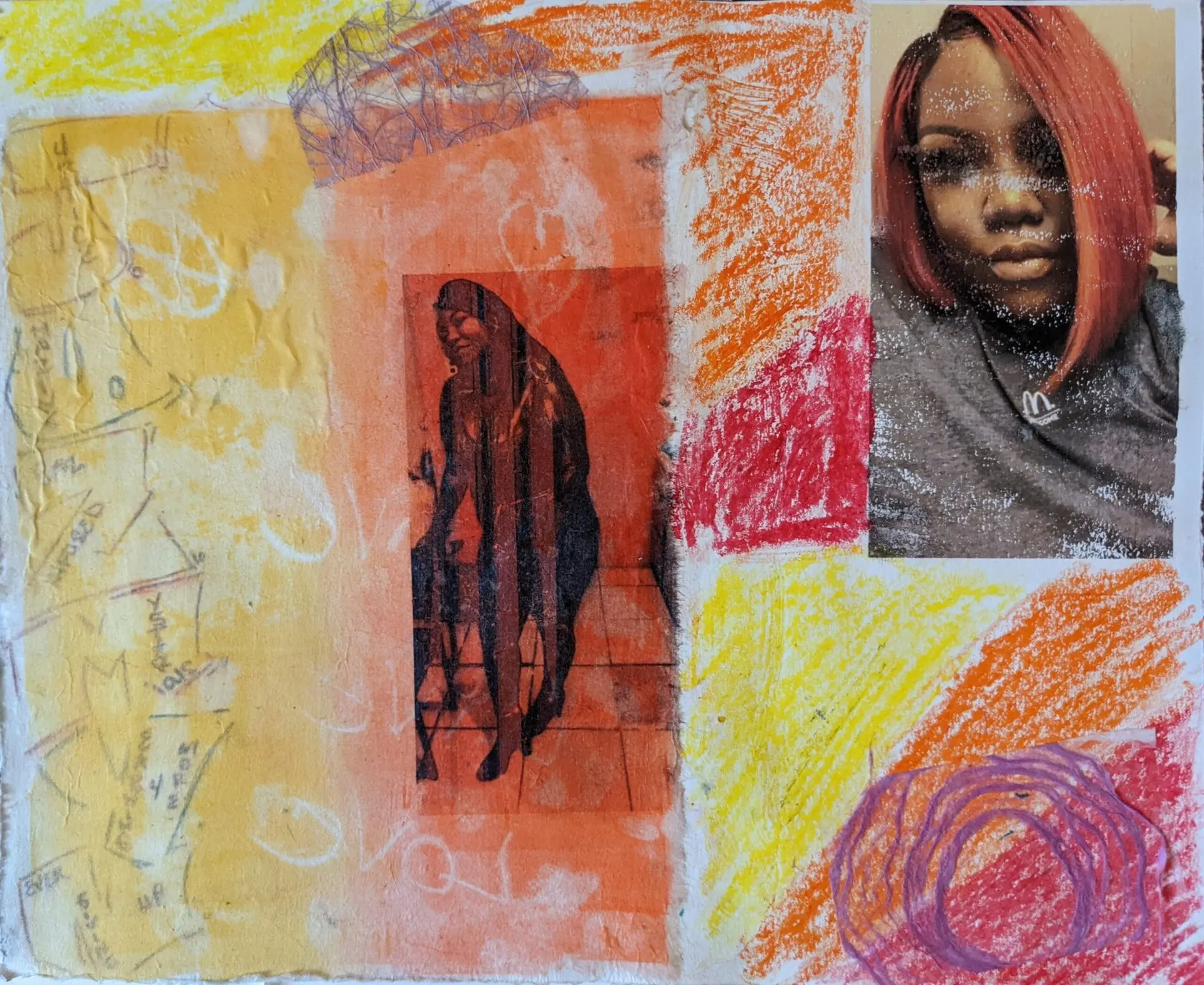By Moira Marquis
Being poor and unable to afford bail in New York can be a death sentence. The vast majority of people who died on Rikers Island prison in 2022 were classified as “suspected suicide.” This is a troublingly vague causation. Yet, the New York Department of Corrections claims concern for death is behind their appeal to deny paper correspondence and paper books to people.
The NYDOC is following a national trend in prisons and jails that asserts concern that drugs enter prisons through the mail. Despite evidence that staff are the primary conduit of drugs into prisons, this rationale has been seized on as a justification for denying incarcerated people even the meager respite of reading letters from their family or a fantasy novel mailed to them from local non-profits such as Books Through Bars.
As part of the effort to curb contraband entering through the mail, several states, including the federal Bureau of Prisons, now scan mail. Despite this, there have been no decreases in drugs and contraband, according to the Marshall Project. Instead, these policies do nothing to address the main source of drugs in prisons which are “low-paid employees and understaffed facilities.”
Additionally, it is certain that someone is going to pay for the tablets. The private company slated to provide them, Securus, is for profit and is certainly not giving incarcerated people tablets as charity. The stated responsible parties are the incarcerated people and their families.
In the case of Rikers, these are people who are incarcerated largely because they don’t have the money to begin with. This strategy seems destined to follow the course of a former contract with Securus for phone calls in New York City’s prisons and jails which generated $5 million for the city and $2.5 million per year for Securus. After public outcry over the exorbitant costs born by families of incarcerated people pressured the state, New York rescinded its kick-back but maintained Securus as the carrier and taxpayers now pay the company for the cost of phone calls for incarcerated people to their loved ones.
The proposal has now been moved into a committee and will be discussed by the Board of Corrections at its Feb. 14 meeting. New Yorkers need to hold the BOCs feet to the fire. New Yorkers concerned about the safety of people incarcerated at Rikers should take the time to write to [email protected] urging its closure as planned.
The 88-year-old jail was supposed to be shuddered by law by 2026 but the city is now acting like it may want to abandon that long-sought plan. This is alarming.
Opened in 1935 as a temporary jail before trial, Rikers was the focus of decades of protests about abysmal conditions there. In 2017, the City Council finally passed a law to close the island jail by 2026 and build four smaller jails across the boroughs.
Since the #CLOSErikers movement pressured the city into closing the jail, several key due dates have been missed. A recent conference at John Jay College celebrated the impending closure, with a lot of congratulatory back slapping and handshaking. But with the plan to digitize mail on the table, it doesn’t seem like closing Rikers is practically on the minds of the New York Department of Corrections, the Board of Corrections or the Mayor.
This proposal, along with Mayor Adams’ recent suggestion that closing the island should be “reconsidered” signal that the authorities are not serious about closing Rikers.
New Yorkers should push back against any attempt to maintain this awful facility, which if allowed to remain open, will continue to be a stain on our collective commitment to the humane treatment of people who have run afoul of the law.
Moira Marquis holds a doctorate from the University of North Carolina, is the Freewrite Project senior manager in the Prison and Justice Writing program at PEN America, has taught writing in high schools and colleges, and led prison books programs in North and South Carolina.








